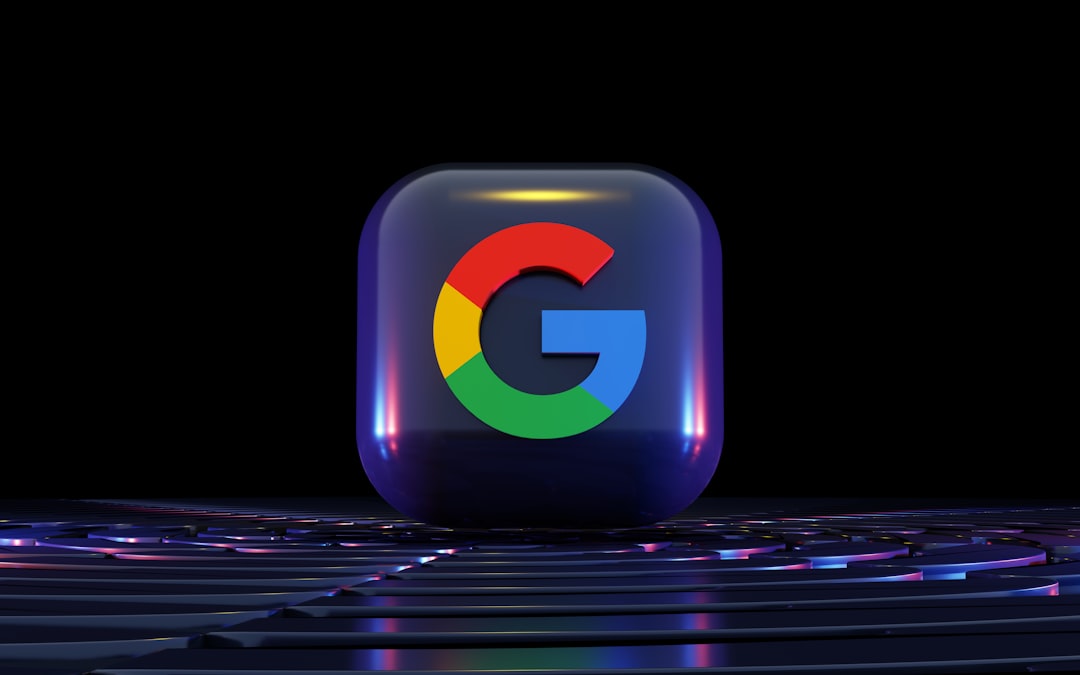A significant breakthrough in differentially private artificial intelligence has been made with the publication of VaultGemma, a privacy-focused, open-source language model with one billion parameters from Google AI Research and DeepMind. As the largest open-weight LLM trained completely from scratch with differential privacy, the model sets new benchmarks for privacy-preserving AI development, according to Google Chief Scientist Jeff Dean.
VaultGemma tackles important issues of memorization attacks in AI models, which allow for the extraction of private data from systems that have been trained on large-scale datasets. In order to avoid any one data point from substantially affecting the final model, Google Research claims that the model was created utilizing sophisticated differential privacy techniques that introduce calibrated noise during training.
Innovation In Technology And Privacy Protections
The model provides a formal privacy guarantee of (ε ≤ 2.0, δ ≤ 1.1e-10) at the sequence level by using DP-SGD (Differentially Private Stochastic Gradient Descent) with gradient clipping and Gaussian noise addition. The same 13 trillion token dataset that was used for Gemma 2 was utilized to train VaultGemma, which mostly consisted of English text from scientific articles, code, and web documents.
For differentially private language models, Google’s research team created new scaling rules that offer a thorough framework for comprehending compute-privacy-utility trade-offs. During training on a cluster of 2048 TPUv6e processors, these scaling rules allowed for accurate model performance prediction and effective resource allocation.
Accessibility And Performance
VaultGemma performs worse than non-private models at the moment, despite the fact that it shows no discernible recollection of training data. It performs similarly to non-private models from about five years ago on academic benchmarks, with results such as 26.45 on ARC-C against 38.31 on Gemma-3 1B.
Along with a thorough technical report and study paper, Google has made VaultGemma’s weights available on Hugging Face and Kaggle. The open release was made by the corporation with the goal of accelerating private AI research and development by giving the community a clear approach and a potent model.
By addressing the increasing legal attention surrounding data protection while retaining competitive AI capabilities, this release places Google at the forefront of privacy-preserving AI development. The study shows that stringent privacy assurances can be applied to the training of large-scale language models without making them unsuitable for practical use.

